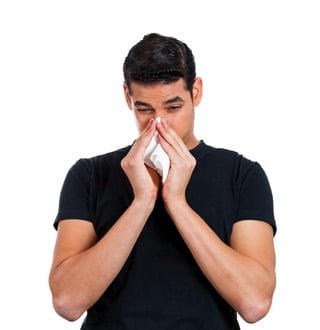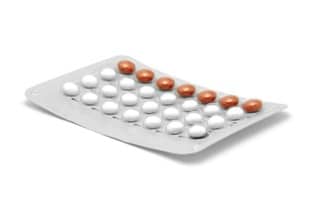Uncategorized
Sugar industry funds studies to influence nutrition
Nutrition experts recommend women consume less than 25 grams, or 6 teaspoons, a day of added sugar (9 teaspoons for men). Yet the average American consumes almost 20 teaspoons a day! And that doesn’t even include fruit juice, a known sugar bomb. How did we allow ourselves to stray so far? Powerful lobbyists with deep…
Read MoreNatural antihistamines shown to provide relief
If you dread allergy season, then you know what it’s like to suffer from itchy skin, red eyes, a runny nose, sneezing, sinus pressure, and headaches. Likewise, you may react to certain foods with hives, headaches, nasal congestion, skin problems, a racing heart, or irritability. What is the common denominator in both scenarios? Histamines. While…
Read MoreFasting 13+ hours reduces cancer and disease risk
Extended fasting during the night fast may lower your risk of breast cancer or improve your prognosis. Fasting has also been shown to decrease the risk for other types of cancer, type 2 diabetes, and cardiovascular disease. In the first study of its kind, researchers analyzed 11 years of data from non-diabetic breast cancer patients, with surprising…
Read MoreA functional medicine viewpoint on birth control pills
If you take birth control pills, it’s important to understand how oral contraceptives can affect your hormone balancing, your liver, your thyroid, and your brain. This functional medicine viewpoint can help you make an informed decision about contraception, or give you insight into buffering potential consequences. Birth control pills flood the body with an unnatural…
Read MoreLED streetlights: Should you wear sunglasses at night?
Have you noticed how shockingly bright streetlights are these days? Although they’re great for night time visibility, the newer LED streetlights tamper with the body’s internal clock, skewing metabolic function and raising disease risk. The effect of blue-rich white light at night on human health is so significant that the American Medical Association (AMA) issued a policy…
Read MoreBeing "hangry" too often ages the brain
Do you crash when you go too long without eating, losing energy and becoming “hangry?” Hanger—hunger plus anger—is that explosive combination of low blood sugar and irrepressible irritability that turns a normally nice person into a multi-headed hydra. People joke about being hangry, but when it happens regularly, it means your body and brain are…
Read MoreScientists confirm gluten sensitivity is a real thing
Research has confirmed what many people have long known: Gluten sensitivity is a real thing. A Columbia University Medical Center study found gluten sensitivity is not an imagined condition, as many seem to think these days, and that celiac disease or a wheat allergy are not required to react to gluten. Although people with gluten sensitivity…
Read MoreHow to prep for Cyrex Labs tests so you don’t waste money
It’s a frustrating but not uncommon scenario: You struggle with food or chemical sensitivities, suspected autoimmunity, and leaky gut symptoms. You plunk down hundreds of dollars (or more) for state-of-the-art testing from Cyrex Labs, eager for specific guidance. And all the results come back negative. Or they all come back positive. Either way, you’re poorer…
Read MoreStar Trek’s Zoe Saldano needs better Hashimoto’s info
Star Trek’s Zoe Saldano recently revealed she has Hashimoto’s hypothyroidism, a thyroid disease affecting millions of women that causes weight gain, fatigue, depression, cold hands and feet, brain fog, constipation, and many other symptoms. Hashimoto’s is an autoimmune thyroid disease. Autoimmunity is a condition in which the immune system attacks and destroys body tissue, in…
Read MoreHow stress is hard on the body and what to do about it
Most cases of chronic disease can be linked to stress, even if that stress is more physical than psychological. About two-thirds of doctor’s visits are for stress-related complaints. How does stress causes disease? The body responds to stress by making adrenal hormones (such as epinephrine, norepinephrine, and cortisol that cause the “fight or flight” response. This response…
Read More









